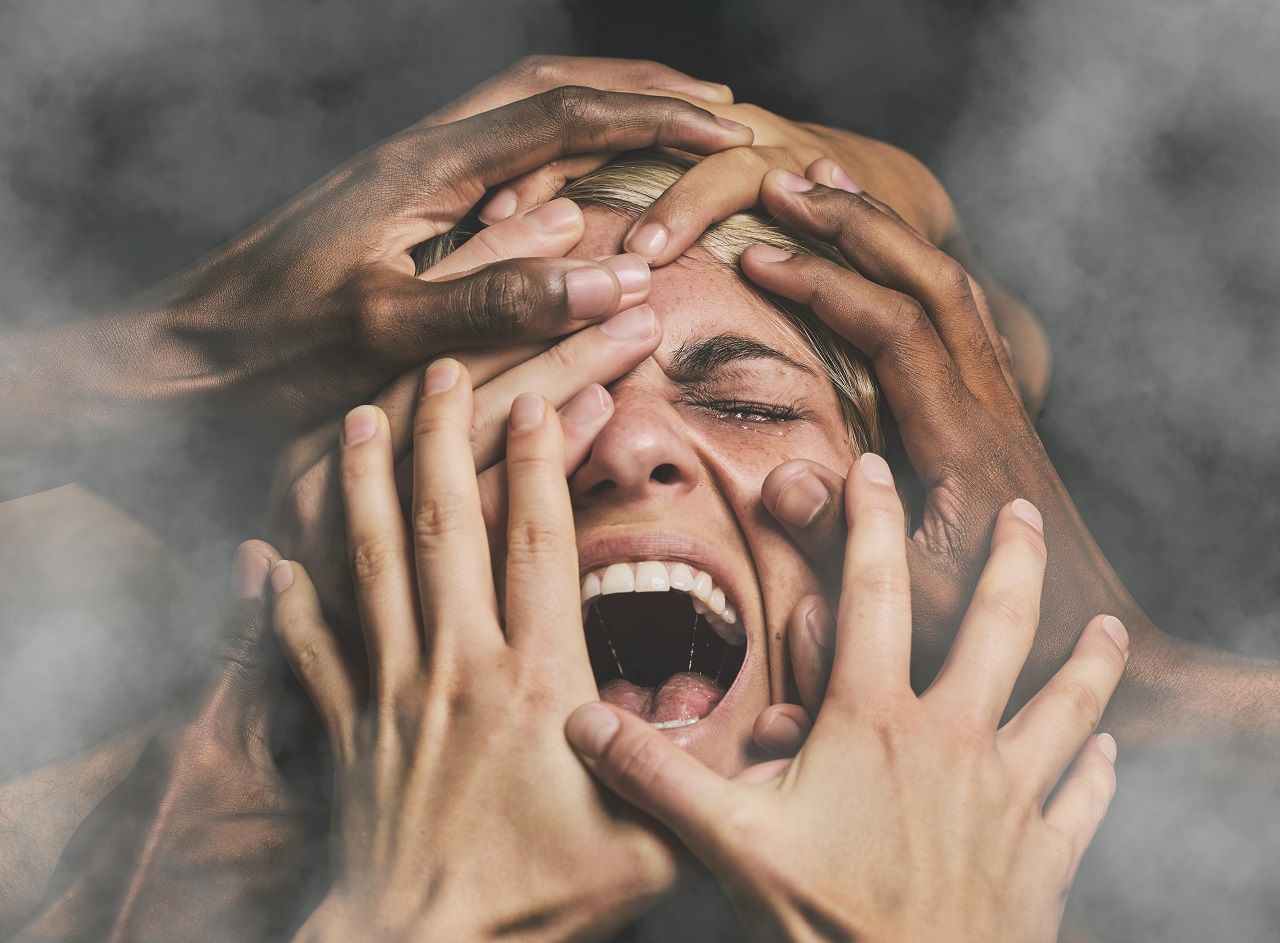Physical activity has been consistently linked to improved mental health outcomes, including reduced symptoms of depression. Regular exercise can boost mood, increase energy levels, and reduce stress and anxiety. Even short walks or home workouts can make a significant difference in combating depression and improving overall well-being. Prioritizing physical activity also contributes to improving many physical health conditions, including reduced risk of chronic diseases such as heart disease, diabetes and improved flexibility. Making exercise a regular part of one's routine can have a significant impact on both physical and mental health, making it an effective tool in fighting depression.
Healthy eating habits can also play a crucial role in managing depression. Eating a balanced diet that includes plenty of fruits, vegetables, whole grains, lean protein, and healthy fats can provide the body with the nutrients it needs to function optimally. Avoiding highly processed and sugary foods can also help to stabilize mood and energy levels. Additionally, maintaining a consistent eating schedule and avoiding skipping meals can help to regulate blood sugar levels and prevent mood swings. Overall, prioritizing a healthy and balanced diet can contribute to improved physical and mental health.

Sufficient sleep and rest are also essential components of managing depression. Getting enough restorative sleep can help to regulate mood, reduce stress, and improve cognitive function. Establishing a consistent sleep schedule, avoiding caffeine and alcohol before bedtime, and creating a relaxing sleep environment can all contribute to better sleep quality. Additionally, taking breaks throughout the day to rest and recharge can help to reduce stress and prevent burnout. Prioritizing rest and sleep can contribute to improved physical and mental health, making it an effective strategy in fighting depression.
Therapeutic approaches to treat depression

Cognitive Behavioral Therapy (CBT) is a widely used therapeutic approach to treat depression. CBT focuses on identifying and changing negative thought patterns and behaviors that contribute to depressive symptoms. This type of therapy is often short-term and goal-oriented, with a specific focus on symptom reduction. CBT has been shown to be highly effective in treating depression, with studies indicating that it can be just as effective as medication in some cases. CBT is often combined with other therapeutic approaches, such as interpersonal therapy, to provide a comprehensive treatment plan for individuals struggling with depression.
Medication and antidepressants are another commonly used treatment option for depression. Antidepressants work by altering the balance of chemicals in the brain that affect mood, such as serotonin and norepinephrine. While medication can be effective in treating depression, it is important to note that it may not work for everyone and can come with potential side effects. It is also important to work closely with a healthcare provider to find the right medication and dosage for each individual's specific needs[5]. In some cases, electroconvulsive therapy (ECT) may be recommended for severe cases of depression. ECT involves passing electrical currents through the brain to induce a seizure, which can lead to significant improvements in mood and symptoms.
Alternative therapies such as yoga and meditation have also been shown to be effective in treating depression. These practices focus on promoting relaxation, reducing stress, and fostering a greater sense of self-awareness and self-compassion. Yoga and meditation can be used alone or in conjunction with other therapeutic approaches to treat depression. Mindfulness-based cognitive therapy (MBCT) is a specific type of therapy that combines elements of CBT with mindfulness practices to help individuals manage negative thought patterns and emotions. Other alternative therapies, such as acupuncture and massage therapy, may also be helpful in managing depressive symptoms. However, it is important to note that alternative therapies should be used in conjunction with, rather than as a replacement for, traditional therapeutic approaches for depression.









